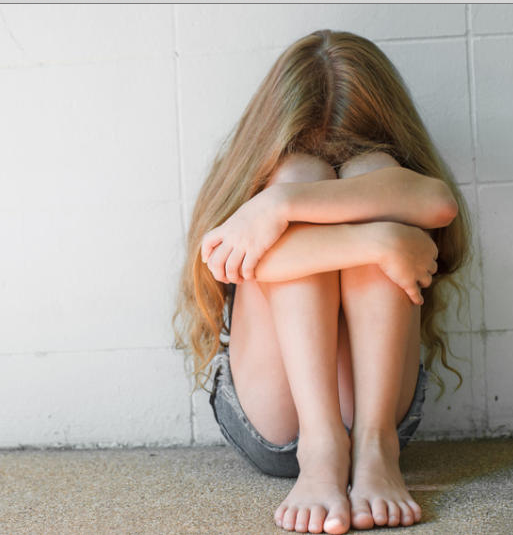December 2, 2014
The findings of a recent study from the American Psychological Association are right on target: “Given the prevalence of childhood psychological abuse and the severity of harm to young victims, it should be at the forefront of mental health.” The study confirms that childhood psychological abuse has lasting, significant damage, equal to or exceeding the long-term consequences of physical abuse.
Psychological abuse is less visible than the examples of physical abuse that often appear in the media. That can keep one’s awareness of it under the radar, but there are many forms of psychological abuse that parents subject their children to. Among them are:
- Indifference — to the child’s needs or temperament, which may be different from his or her siblings.
- Humiliation – when the child fails at a task or misunderstands instructions.
- Denigration – negative description of something the child achieves or expresses interest in.
- Neglect – failing to provide essential emotional support or recognition of the child’s needs.
- Unrelenting pressure — to serve parental expectations, often accompanied by negative comparisons of the child to others who “follow the program.”
Any of the forms of psychological abuse may be fueled by the parent’s own self-hatred, jealousy, narcissism or other pathology. Some illustrations:
The child runs to the parent, saying, “Look at my new drawing!” or “See what I did for this school project!” and receives a curt, dismissive, “Don’t bother me now. I’m working on something important.” Failure to take a brief moment’s interruption for the child, will have negative emotional impact, and can accumulate.
The parent who consistently and vocally praises one child, while ignoring or criticizing the child’s sibling. For example “Wow, what you did is amazing! You are so talented!” But to the child’s sibling, regarding something similar, perhaps a flat “That’s nice.” And sometimes the parent may give both responses in the presence of the both siblings. An observer could see the crestfallen expression in the face of the second child.
The parent who never complements the child, alive in the memory of a grown man who, for example, vividly recalls that when he proudly dressed up for his school prom as a teenager, he received a look-over from one of his parents, who offered just one comment: “Your pants cuffs are too short.”
And then there are the classics:
“You’ll never amount to anything! You’re worthless!”
“You’re nothing but trouble! I wish you were never born!”
“Why can’t you be more like your (sister/brother/a neighbor’s child?)”
I’ve heard them all and more, from the life experiences of men and women seeking to heal the early damage; and sometimes directly from parents who describe and reflect upon their ways of parenting, as they confront the damage that mounts in their children’s lives. All forms of psychological abuse damage the child’s sense of him/herself, as well as the subsequent adult that emerges from it.
Psychological abuse has a very long shelf life, as the APA report confirms. It found that “Children who are emotionally abused and neglected face similar and sometimes worse mental health problems as children who are physically or sexually abused, yet psychological abuse is rarely addressed in prevention programs or in treating victims.”
The report pointed out that children who had been psychologically abused suffered from anxiety, depression, low self-esteem, symptoms of post-traumatic stress and suicidality at the same rate and, in some cases, at a greater rate than children who were physically or sexually abused. Psychological abuse was most strongly associated with depression, general anxiety disorder, social anxiety disorder, attachment problems and substance abuse.
Also, psychological abuse that occurred with physical or sexual abuse was associated with significantly more severe and far-ranging negative outcomes than when children were sexually and physically abused, but not psychologically abused. That finding links with another that finding, that psychological abuse creates a greater tendency towards physical illness as well, in adulthood. This UCLA study, published in the Proceedings of the National Academy of Sciences, examined the effects of abuse and corresponding lack of parental affection across the body’s entire regulatory system. It found strong links between negative early life experiences and health, across the board.
We are, after all, one bio-social-psychological organism. The effects of all forms of abuse permeate one’s entire system, as these studies confirm.
A version of this article also appeared in Psychology Today.

